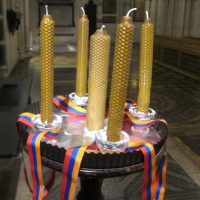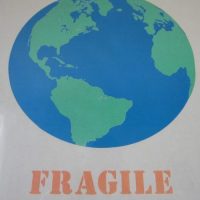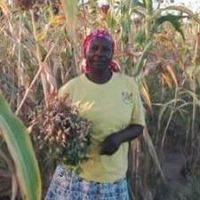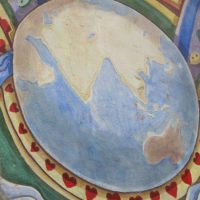The Armenian Genocide began on April 24, 1915. ‘This was the first genocide of the 20th century, perpetrated by the Ottoman Government against members of their own nation. The genocide erased approximately 75% of the world’s Armenian population—approximately 1.5 million people.’ (source: VA News) ‘The wide-scale extermination and subsequent lack of accountability inspired Polish lawyer […]
Read full textApril words
Armenian Genocide Remembrance Day, 24 April
24 April – Armenian Genocide Remembrance Day Worship resources: The Armenian Genocide occurred from 1915 to 1923 when Armenians, as well as Greeks, Assyrian-Chaldeans, Syriacs, Arameans, Maronites, and other Christians were subject to torture, starvation, mass murder, lethal human medical experimentation, and exile from their historic homeland, and over 1.5 million lost their lives. The […]
Read full textEarth Day – 22 April
While Earth Day is set on 22 April, these creation-focused resources might be used throughout the year. Many will be relevant for the Season of Creation (also called Creation Time) now celebrated in several countries in September. Recently posted Earth Day resources: (Click on image.) Alphabetical listing of Earth Day resources:
Read full textHarvest
Harvest in the south in April. Harvest in the north in September. The cycle of our year offers numerous opportunities to express our gratitude and thanksgiving. What words do we use to celebrate the abundance of a good harvest? Or to mourn the scarcity in times of drought? Harvest hymns Harvest worship resources
Read full textWorld Health Day – 7 April
‘There is much to celebrate in the world of global health. Neonatal deaths have been cut in half since 1990. Mother-to-child transmission of HIV has substantially decreased. Polio and guinea worm are on the verge of elimination. ‘But there is still much to be done. Drug-resistant forms of tuberculosis and malaria bring new threats to […]
Read full textANZAC Day, 25 April
How do we remember those slain in war? What words hold the pain and sorrow of the bereaved? The dream and hope of the peacemaker? The promise of light and life after the devastation? How do we avoid glorifying war and death, yet remember those killed and wounded, sometimes for meaningless quarrels of others? How do […]
Read full text




